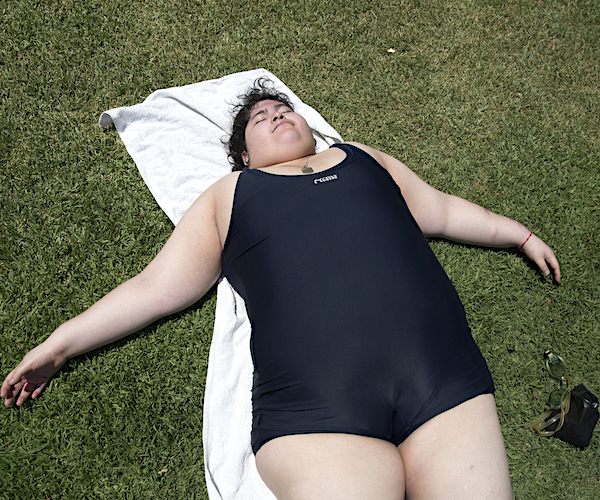Sleep apnea raises risk of cancer for women
From Newsmax

Some people with sleep apnea have an increased risk of cancer, and the odds might be higher for women than men, researchers say.
“Recent studies have shown that low blood oxygen levels during the night and disrupted sleep, which are both common in [obstructive sleep apnea], may play an important role in the biology of different types of cancers,” study leader Athanasia Pataka said.
“But this area of research is very new, and the effects of gender . . . have not been studied in detail before,” said Pataka, an assistant professor of respiratory medicine at Aristotle University in Greece.
The researchers examined data from more than 19,000 sleep apnea patients in Europe in order to assess the link between obstructive sleep apnea severity, low blood oxygen blood levels and cancer risk.
In people with the sleep disorder, the airway closes completely or partially many times during sleep, reducing levels of oxygen in the blood. Common symptoms are snoring, disrupted sleep and excessive tiredness.
The study found people who have more airway closures during sleep and whose blood oxygen saturation levels fall below 90% are diagnosed with cancer more often than people without sleep apnea.
The researchers also found cancer was more common among women than men, even after factors such as age, body mass index (BMI), smoking, and alcohol consumption were taken into account.
Among the patients in the study, 2% had been diagnosed with a serious cancer, including 2.8% of women and 1.7% of men. Those diagnosed with cancer were more likely to be older than 50 and less overweight. The most common type of cancer among women was breast cancer, while prostate cancer was the most prevalent among men.
The study cannot prove the sleep disorder causes cancer, only that there is an association between the two.
Still, the findings suggest sleep apnea could be an indicator for cancer in women, but more research is needed to confirm that, according to the study authors. The findings appear in the May 20 issue of European Respiratory Journal.
The signs of sleep apnea might be less noticeable in women, the researchers pointed out.
“The classic symptoms of [sleep apnea] such as sleepiness, snoring, and stopping breathing during the nighttime are reported more frequently in men, but other lesser-known symptoms like fatigue, insomnia, depression, and morning headaches are more common in women,” Pataka explained in a journal news release.
She suggested “clinicians should be more careful when evaluating their female patients for possible [sleep apnea].”
Dr. Anita Simonds, vice president of the European Respiratory Society, pointed out the overall cancer prevalence was low – just 2%.
Therefore, sleep apnea patients should not be alarmed by this research, said Simonds, who was not involved in the study.
© HealthDay
For more on this story go to: https://www.newsmax.com/health/health-news/sleep-apnea-fatigue-headaches-women/2019/05/22/id/917228/?ns_mail_uid=6952f1f9-507d-4a20-8cc0-0a1db158d76e&ns_mail_job=DM65536_11072019&s=acs&dkt_nbr=010502jtvskk





